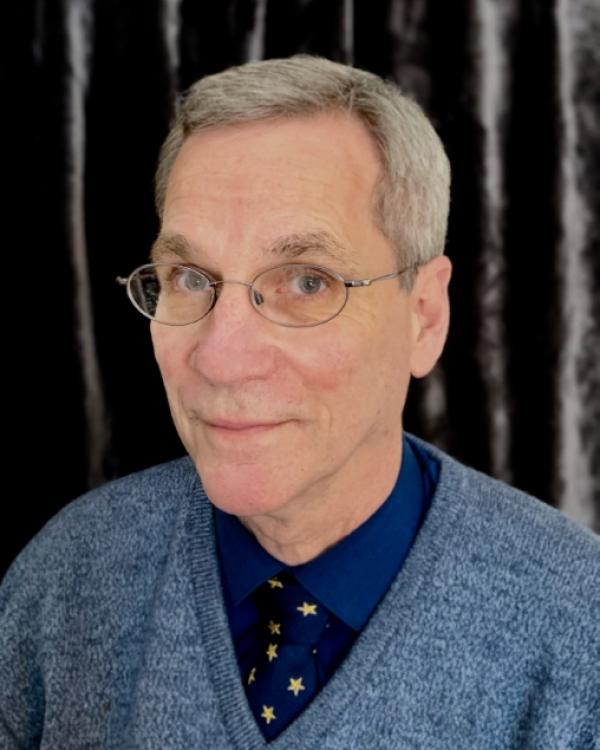
Douglas Baker (’01 Ph.D., Department of Education, UC Santa Barbara) will give the inaugural Gevirtz School Alumni Lecture on Friday, April 26 at 4 pm in McCune Conference Room, 6020 HSSB on the UCSB campus. Baker’s talk is titled “Invisible Lessons of Graduate School: Implications for Our Careers and Leadership” and is free and open to the public. A reception follows. The event is part of UCSB’s All-Gaucho Weekend.
In graduate school we learn to accept the adage attributed to Aristotle and Einstein, “The more you know, the more you know you don’t know.” Of course, we may not recognize what we don’t know and lessons, invisible at the moment, to address our ignorance often become critical for our careers. In his talk, Doug will explore invisible lessons he experienced at UCSB and how they informed his teaching and leadership.
After teaching high school English for 11 years in Central California (Clovis West High School, Fresno), Doug enrolled in the Teaching and Learning program at UCSB and taught in the Teacher Education Program (three years). Upon completion of his doctoral studies (2001), he became a professor in the English Education program at Eastern Michigan University, originally the first normal school west of the Alleghenies, and earned the rank of Professor in 2011. Currently, he is Associate Dean of Programming for the College of Arts & Sciences (18 departments and 350 tenure-track faculty). His research focuses on how students learn through discursive interactions and the role an ethnographic perspective can play in examining what is accomplished in educational settings. His recent publications include a co-edited book (with Gevirtz School Professor Emerita Judith Green) Interdisciplinary and Intercultural Programmes in Higher Education: Exploring Challenges in Designing and Teaching (2017), and a book chapter titled “Transforming Classroom Discourse as a Resource for Learning” (in press). Doug has also chaired the National Council of Teachers of English Assembly for Research and AERA’s Language and Social Processes SIG.
The Gevirtz School has chosen to begin an annual Alumni Lecture not only as a way to honor its esteemed graduates but also as a way to bring alumni back to Santa Barbara. “The teachers, researchers, and applied psychologists who earn their masters and doctorates at the School make a profound difference in California and around the globe,” says Gevirtz School Dean Jeffrey Milem. “Our hope is this new series is one way to celebrate—and learn from—their achievements. We see it as one more way to strengthen relationships between current students, alumni, and faculty.” The Alumni Lecture is supported in part by Gevirtz School Professor Emerita Judith Green.